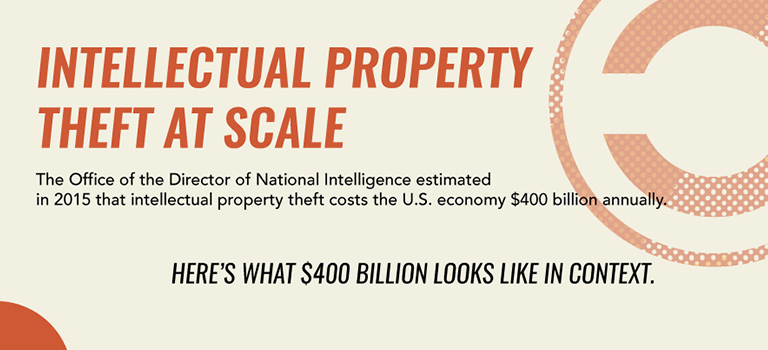
It’s hard to go a week without seeing a new headline about the importance of data. It’s being used to prevent heart attacks, make factories more efficient, and power self-driving cars. Demand for data scientists is soaring: it’s the fastest growing job in the US, according to LinkedIn. But as data science becomes an increasingly crucial field, women are missing out: only about 26 percent of data jobs are filled by women. And more to the point, the world is missing out on them.




